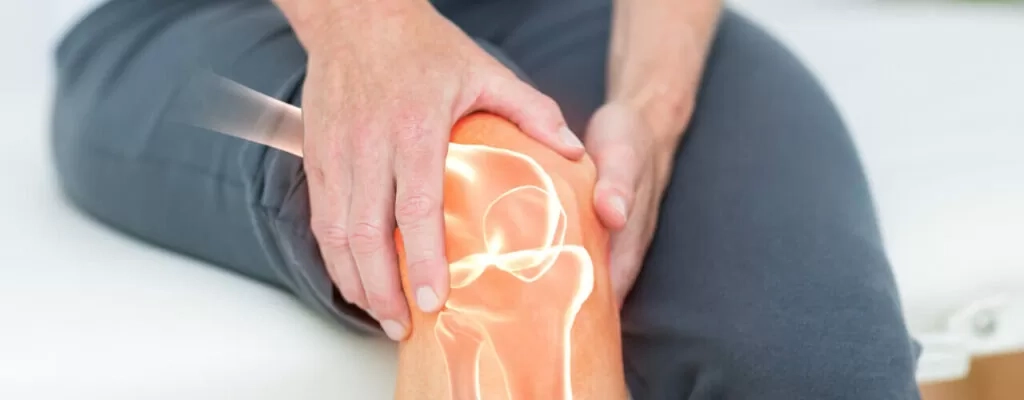Physical therapy, fortunately, can assist you in a variety of methods in permanently resolving your hip and knee pain. To learn more about how a qualified physical therapist may help you manage your pain, call our office right now.
Common causes of hip and knee pain include
The knees and hips are frequently affected by a variety of disorders. Repetitive motion, acute damage, or chronic disease can all cause these problems. The following are the most common causes of hip and knee pain:
- Meniscus tears. One of the most frequent knee injuries is patellar tendonitis. A torn meniscus can cause pain, edema, and stiffness ranging from minor to severe. This syndrome can develop as a result of a sudden injury or repeated motions. If you participate in a sport or pastime that requires a lot of turning and twisting of your legs, you’re more likely to tear your meniscus. A torn meniscus can be treated non-surgically by a physical therapist.
- Bursitis. Bursitis occurs when a small sac of fluid, known as the “bursa,” becomes inflamed. This is often caused by overuse or repetitive injuries. Bursitis can occur in a variety of locations in the body, including the hips and knees. Physical therapy can aid in recovery and the reduction of pain.
- Arthritis. Arthritis is a condition that results in the inflammation of tissues surrounding the joints. This condition can cause knee and hip pain if it develops in those joints. A physical therapist can teach you correct posture and proper movement techniques to protect your joints and relieve arthritic pains.
- Sprains and strains. Sprains occur when a ligament is stretched beyond its limits, while strains occur when a muscle or tendon is beyond its limits. It is also possible for ligaments to rupture, which can cause pain, bruising, and limited mobility. A physical therapist can help you recover quickly while showing you exercise techniques to reduce pain.
How can physical therapy provide relief?
No matter what condition is causing your hip and knee pain, a physical therapy program can help relieve your pain. There are several treatment methods a physical therapist may use to help limit or relieve both knee and hip pain, including:
- Ultrasound therapy. A physical therapist may use ultrasound to provide deep heating in the tissues and identify any problem areas.
- Manual therapy. A physical therapist might use hands-on techniques to reduce pain in your hips and knees, including stretching exercises or a variety of massage techniques.
- Laser therapy. Laser therapy is increasingly being used in physical therapy for pain management. It can help increase circulation, reduce swelling, and improve the growth and reproduction of cells.
- Home exercises. A physical therapist can teach you exercises to do at home, in order to alleviate your hip and knee pain. Physical therapy techniques can be incorporated into a home exercise program that can become part of your daily routine.
- Ice and heat therapies. Ice is typically used to reduce swelling and inflammation, while heat is typically used to increase mobility and lessen pain.
Your physical therapist will evaluate your condition and create an individualized treatment plan to meet your specific needs. Range of motion and strength measurements may be taken during the physical therapy evaluation.
Make an appointment with us today
Physical therapy treatments can help you stay as active and pain-free as possible. To cure your specific ailment, one of our highly-trained physical therapists will build a personalized treatment plan for you.
To schedule an evaluation with a skilled physical therapist, call our office today. Also, learn how physical therapy can help you get rid of your hip and knee discomfort!


